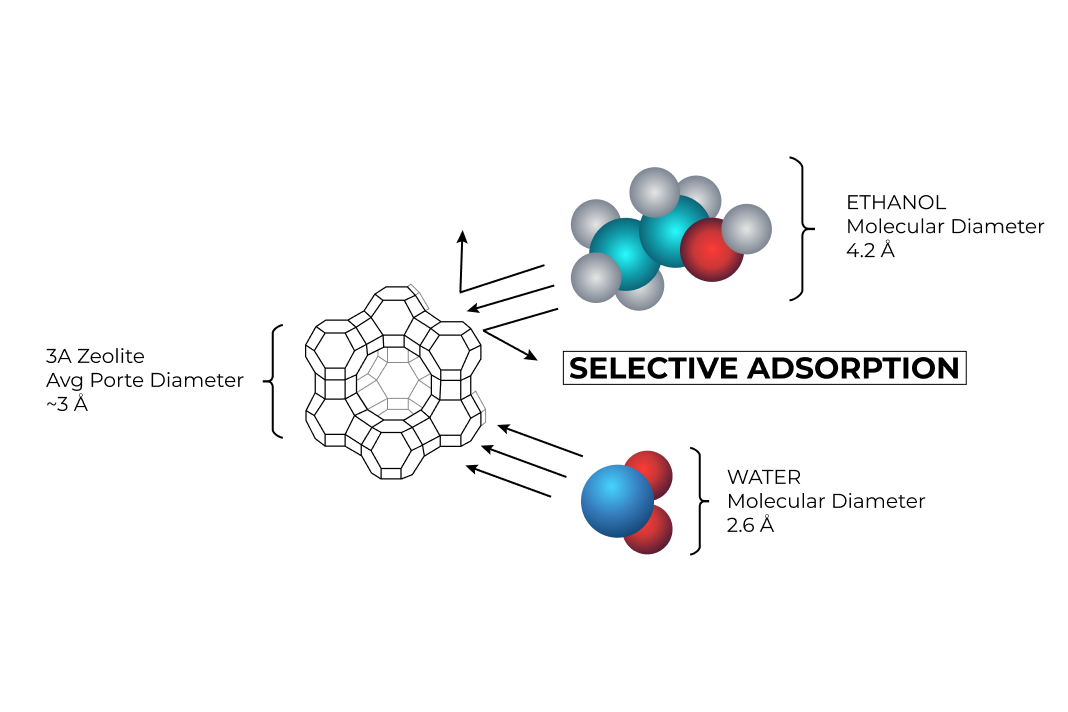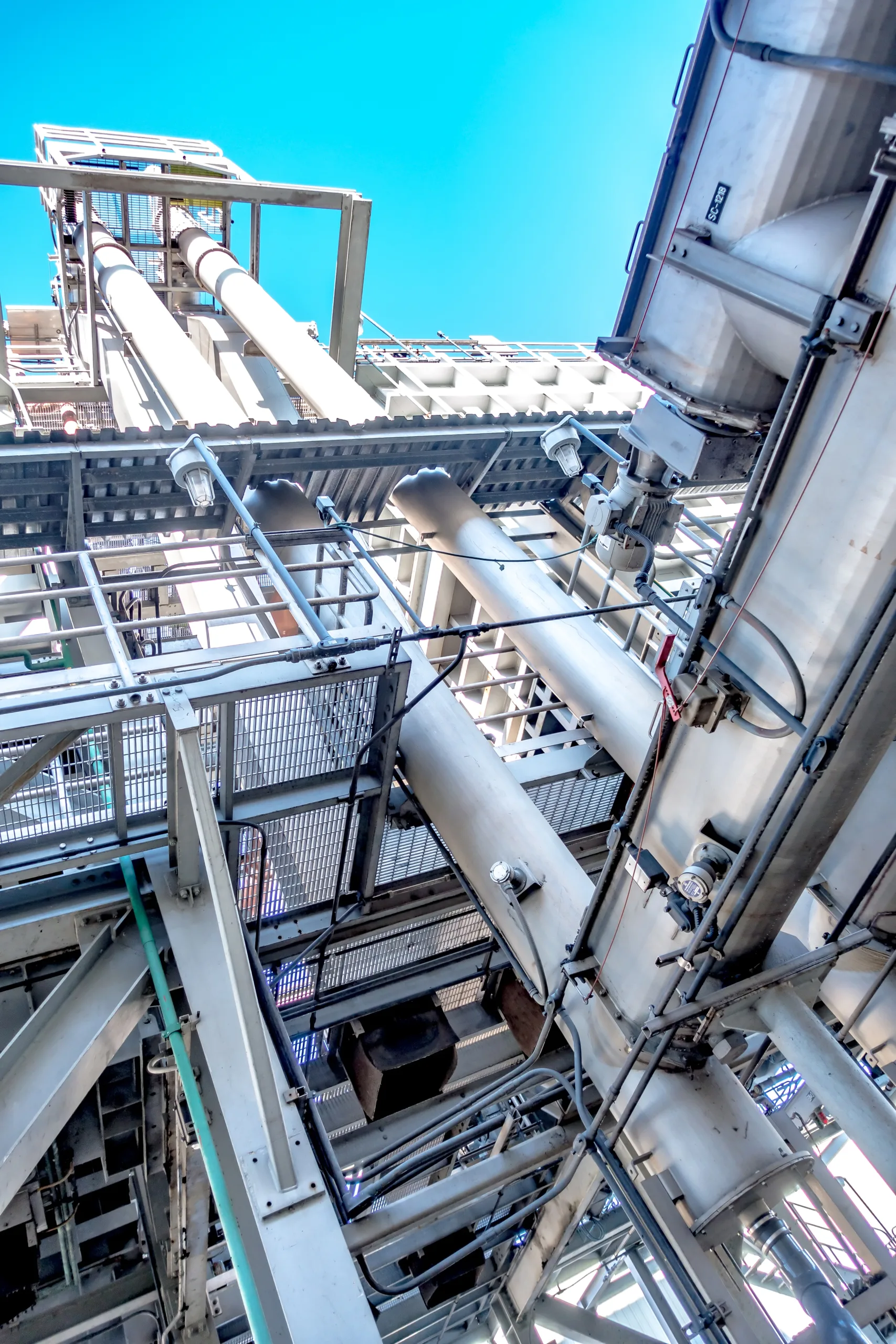Explore the patent Adsorption Process for the Dehydration of Alcohol, focusing on its unique method for alcohol dehydration using adsorption techniques.
Background
This describes a novel adsorption process specifically designed for the dehydration of alcohol, employing selective adsorbents to remove water molecules efficiently.
This patent introduces a method involving adsorbents that selectively remove water from alcohol streams. It utilizes cyclic adsorption-desorption cycles to maintain high efficiency.
Mechanism of Adsorption
The patent details how adsorbents, such as zeolites or molecular sieves, facilitate the adsorption of water molecules from alcohol, enhancing purity.
Advantages Over Conventional Methods
Compared to traditional methods like distillation or evaporation, this adsorption process offers lower energy consumption and superior purity in dehydrated alcohol products.
Applications and Use Cases
This innovative approach finds application in pharmaceutical, chemical, and fuel industries, where the high purity achieved through adsorption is critical for production efficiency.

Benefits, Advantages & Use Cases
The patented adsorption process results in significant benefits such as reduced energy consumption, lower operational costs, and enhanced purity of dehydrated alcohol. It addresses challenges commonly associated with traditional methods like distillation and evaporation.
Conclusion
This patent marks a significant advancement in alcohol dehydration technology, leveraging adsorption principles to deliver sustainable and efficient solutions for industrial applications.
For more information, contact us. Learn more about adsorption processes here.
